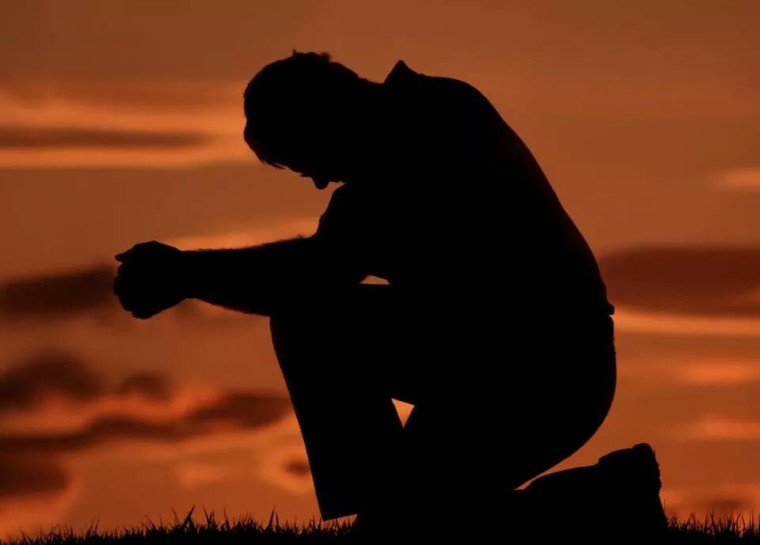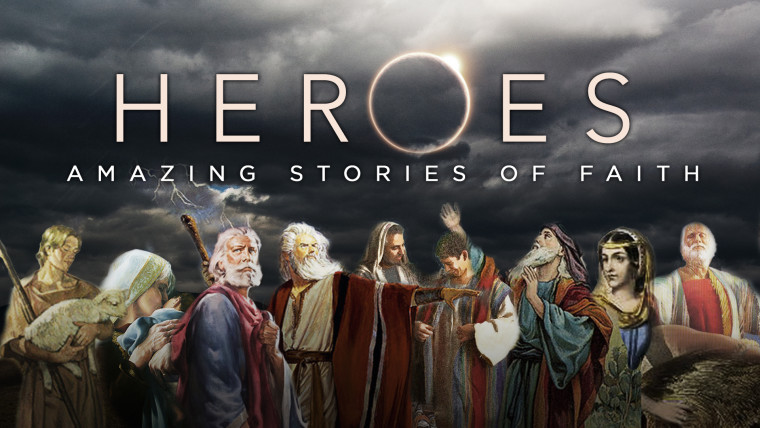One thing I’m still learning on my journey of faith is not to make assumptions about mountains, or obstacles and challenges I encounter along the way. For one thing, mountains are not always what they appear to be.

In the late 1800s, Half Dome was described as being “perfectly inaccessible.” Until someone blazed the trail and installed eye bolts into the granite. Now tourists regularly accomplish what was once considered an impossible feat.
When the Hebrews faced the Red Sea, they thought it an impassable barrier. It wasn’t. When we were homeless and without money, buying a house seemed impossible. Not so. [Get some encouragement and read more of our story in my new book A Story Worth Telling.]
Whatever challenges you may be facing today, rest assured that they only seem like mountains from your perspective. And perspectives can change.
A Story of Overcoming Mountains
My friend Daniel Buell was the co-founder of Cornerstone Christian Academy where I served for a dozen years before stepping out to answer God’s call to write as a Kingdom catalyst. He too faced a seemingly impossible task in the summer of 2000 when he agreed to lead the effort to launch and open a college-prep school for grades 7-12—in less than two months!
At the time, only eleven students were enrolled, I was the only teacher with a contract, and the school had not yet been charted by the state of Ohio. Anyone with any experience in education will tell you that these barriers Dan faced were insurmountable. Perhaps with an additional year—and a lot of money—the task could be done. Maybe.
But Dan persisted by faith, believing that God had called him to run toward the seemingly impossible to establish a vibrant Christian school for God’s glory. He built a dedicated team quickly and spent a lot of nights in the office, watching the sun come up on yet another stack of completed paperwork.
Nothing came easily. And that is often why choose to walk away from the challenge of a mountain. Overcoming them is never easy. But mountains make the ideal settings for the best stories to reveal the majesty of God.
Incredibly, when the first bell rang, the school opened with full faculty, an enrollment of 131, and state-charter status in record time—an accomplishment that was nothing less than a bureaucratic miracle.
Today the school is thriving. It consistently enrolls around four hundred students annually in grades K-12 and sends graduates to the best colleges and universities throughout the nation. Where most saw impossibility, Dan saw something different: opportunity. Here’s his perspective: “A mountain is merely a change in the terrain you must travel, so keep hiking.”
And that’s the other funny thing about mountains. From God’s perspective, there are none.
You may have heard the expression that someone is “making a mountain out of a molehill,” making a big deal about something that is truly insignificant. We all too easily forget that God sees no mountains, only molehills.
If we can remember God’s perspective as we answer his call to live a story worth telling, we can patiently be still and watch him work, like Moses, even while we keep moving forward–even running toward–the mountains we encounter and overcome by faith.











